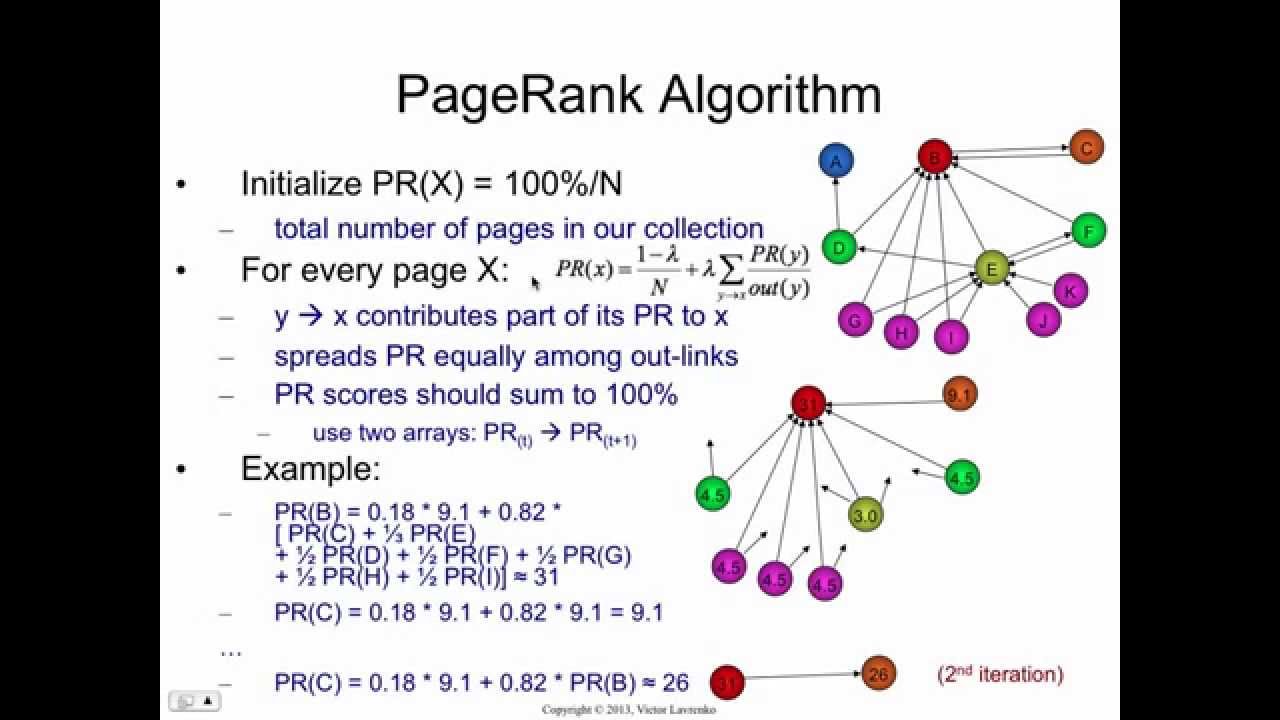PageRank is a web search engine algorithm developed by Google, and is the core algorithm that powers their search engine. It was named after Google co-founder, Larry Page.
PageRank works by assigning a numerical “weight” to each element of a web page, which determines relative importance, and then assigns the total weight of each webpage. The number assigned to each webpage reflects the importance of that page. Factors such as the number of incoming links, the actual content of the page, and how often the page is updated all play a role in determining the PageRank score.
Google then uses the PageRank scores of all webpages to rank them in its search engine results. Because websites with higher PageRank scores are deemed more relevant by Google, they appear higher up in the search engine results, granting them higher visibility and, hence, more potential visitors.
PageRank also serves as a way to annotate certain websites within certain topics. An example of this would be Google ranking news websites differently when searching for news.
Google periodically updates its PageRank algorithm in order to provide more accurate and relevant search engine results. These updates are called “Algorithm Updates” and the actual underlying details of the algorithm remain undisclosed.





